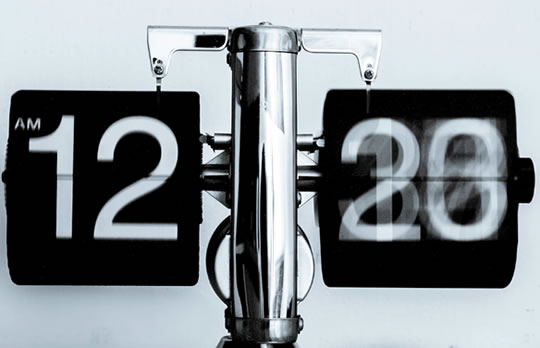If you watch a baby’s eyes, they move quickly, processing and integrating information.
Time seems to pass faster with age because our eyes and brain get slower, a new theory suggests.
This makes older people feel time is passing quicker now than it was in their youth.
If you watch a baby’s eyes, they move quickly, processing and integrating information.
In contrast, adult’s eyes move more slowly and their brains are more complex.
Signals have further to travel through the brain and take longer, because the whole system is slowing down.
This gives older people the subjective experience that things are happening more quickly.
Imagine the difference between watching a movie in slow motion compared with fast forward.
An older person — who is effectively watching in fast forward — sees fewer images in the same amount of time, leading to the perception that the film is passing more quickly.
A young person, who is watching in slow motion, has the perception that it is dragging on and on.
Professor Adrian Bejan, the study’s author, said:
“People are often amazed at how much they remember from days that seemed to last forever in their youth.
It’s not that their experiences were much deeper or more meaningful, it’s just that they were being processed in rapid fire.”
In youth, the mind receives many more images each day, Professor Bejan said:
“The human mind senses time changing when the perceived images change.
The present is different from the past because the mental viewing has changed, not because somebody’s clock rings.
Days seemed to last longer in your youth because the young mind receives more images during one day than the same mind in old age.”
The study was published in the journal European Review (Bejan, 2019).

